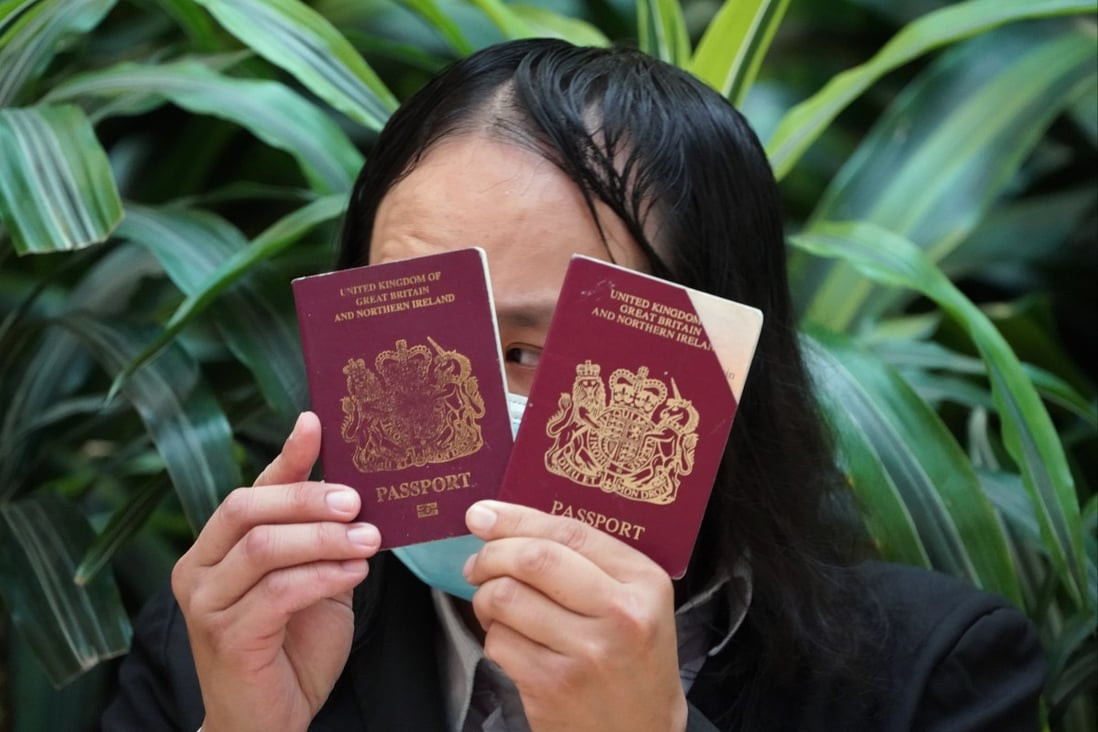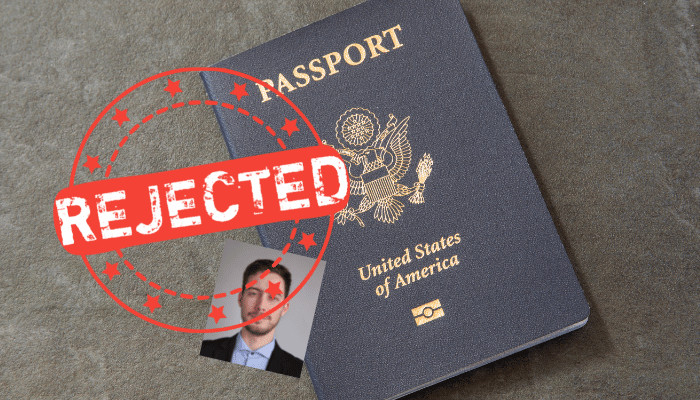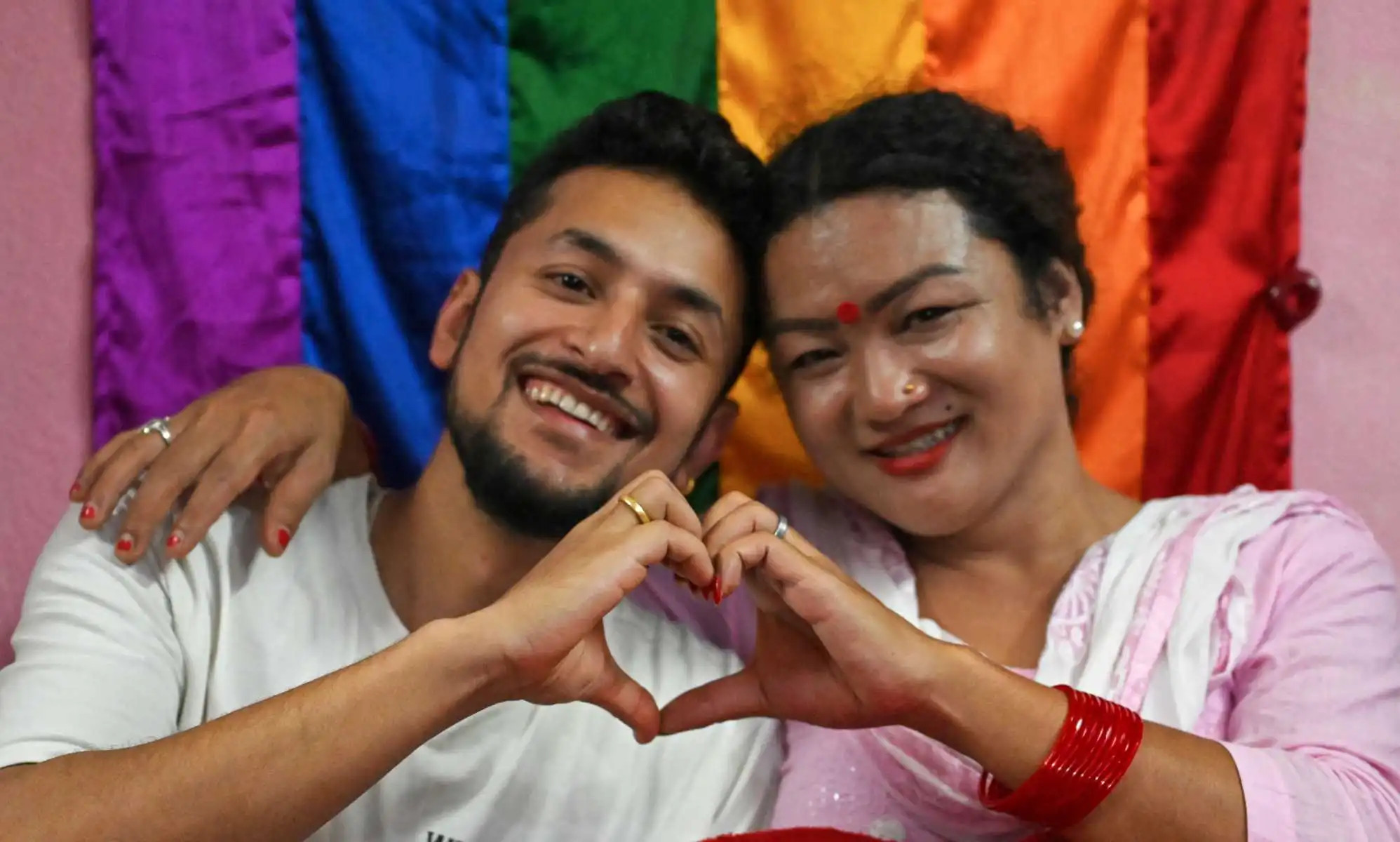A soldier's son was refused a passport by the Home Office because of a potential copyright row over his middle name. Seven-year-old Loki Skywalker Mowbray was initially ruled ineligible for the travel document because of “copyright issues” over the name, which was given to him by his parents as a tribute to Star Wars character Luke Skywalker.
Sgt Christian Mowbray, the boy’s father, said Passport Office officials told the family to change his name or get permission from Disney, which owns the copyright for the word “Skywalker”. Loki was given the unique middle name because he was born on May 4 2017, a day known as “Star Wars Day” to fans of the sci-fi films.
Sgt Mowbray, who serves with the Corps of Royal Engineers at Rock Barracks near Woodbridge, Suffolk, applied for the passport so that the family could go on holiday to the Dominican Republic in October. It was to be their first holiday in 10 years and the first time Loki had ever been abroad on holiday.
But Passport Office bureaucrats refused permission for the passport, telling Sgt Mowbray and his wife Becky that the middle name “relates to a trademark or copyright”.
It is not the first time that the Home Office has refused to issue passports to people with a fictional character’s name. In August, six-year-old Khaleesi Holloway, who is named after a Game of Thrones character, was not given one because it was protected under trademark law. The Home Office later about-turned on the refusal.
Sgt Mowbray said: “We understand that Loki’s middle name is copyrighted, but we have no intention of using it for personal gain. I understand the Home Office’s position and reasoning, but I believe they need to recognise that modern names are evolving. I can understand if an adult changes their name for a ‘stunt’, but this is not the case for a child from birth.”
The couple, who have two other children named Kaycie and Willow, gave Loki the middle name because Sgt Mowbray was a fan of Star Wars in his childhood. On Friday, the Home Office informed the family that they had about-turned on the decision and would issue the passport, apologising for the delay. Sgt Mowbray said the family would now be able to enjoy the “much-needed” holiday after the “significant stress”.
The Home Office's Justification for Refusal
A Home Office spokesperson said: “We can confirm the application is being processed and apologise to the family for the delay in processing the application.”
The Home Office's reasoning for refusing the passport stemmed from its guidelines regarding names that might violate trademark or copyright laws. These guidelines state that an application using an existing trade or commercial name requires written confirmation from the trademark or copyright owner. In Loki’s case, this would have been Disney.
The Case of Khaleesi Holloway: A Similar Situation
The case of Khaleesi Holloway, who was denied a passport because of her name, highlights the Home Office’s tendency to err on the side of caution when it comes to copyright. Holloway’s name was deemed to be too close to the “Game of Thrones” character Daenerys Targaryen, who is known as “Khaleesi”.
In both cases, the Home Office ultimately reversed its decision, acknowledging that the families had no intention of using their children’s names for commercial gain. However, these incidents illustrate the potential pitfalls of choosing names that are closely associated with copyrighted characters.
The Public’s Response and Discussion of the Case
This incident has sparked a debate about the Home Office’s policies regarding names and copyright. Some have argued that the Home Office is too quick to deny passports based on these concerns, while others have defended the Home Office’s position, arguing that it is important to protect the rights of copyright holders.
The debate surrounding this case underscores the complex relationship between personal identity, creativity, and intellectual property. In a world where popular culture plays an increasingly significant role in our lives, it is inevitable that these issues will continue to arise.
The Future of Names and Copyright
It remains to be seen whether the Home Office will revise its policies regarding names and copyright in light of this case. However, the public's response to this incident suggests that there is a growing awareness of the potential for copyright issues to impact even the most personal aspects of our lives.
Ultimately, this case raises a fundamental question about the balance between individual freedom and the protection of intellectual property. As our society continues to evolve, it is likely that this question will only become more complex.
Conclusion: A Passport, a Holiday, and a Lesson Learned
While this case may seem like a minor inconvenience, it raises important questions about the power of the state and the complexities of copyright law. For the Mowbray family, the experience was stressful but ultimately resolved in their favor. They will now be able to enjoy their much-needed holiday. However, this case serves as a reminder that even something as seemingly straightforward as obtaining a passport can be complicated by the intersection of personal identity and intellectual property.



















